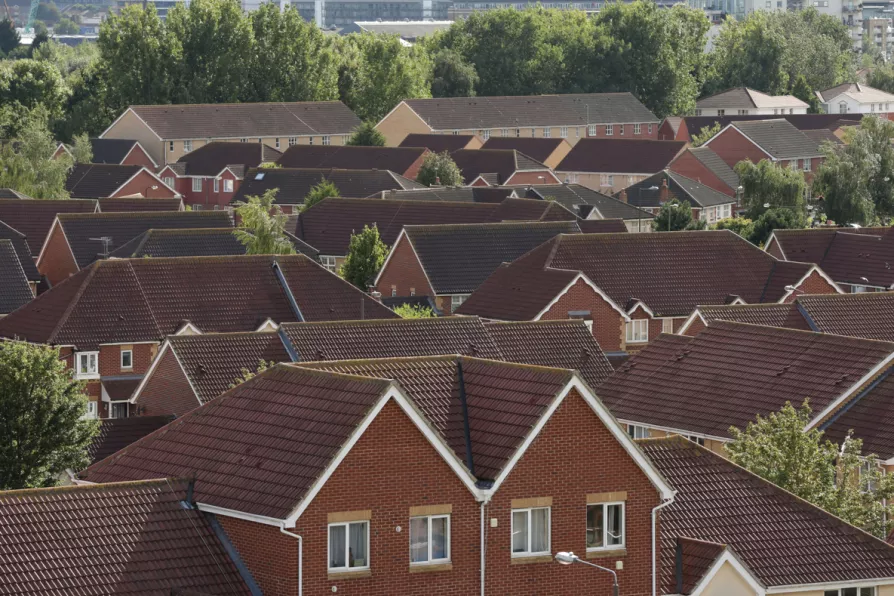Labour's plans for above-inflation social rent hikes could make vulnerable people homeless, charities say

 A view of houses in Thamesmead, south east London
A view of houses in Thamesmead, south east London
VULNERABLE people could be put at risk of homelessness under Labour plans to increase social rent by 1 per cent more than inflation for the next 10 years, charities have warned.
Ministers were urged to tie the proposed rent increases in with further targeted support to prevent benefit claimants from being caught out by sudden rises in inflation.
Chancellor Rachel Reeves reportedly intends to introduce the rent hikes as part of a 10-year formula to boost the building of affordable homes in October’s Budget.
Similar stories

Rough sleeping in England rises in a year with record numbers of children crammed into B&Bs













